XXXVI International Legal Clinics Conference entitled “New Technologies-Interdisciplinarity-Evaluation in Clinical Education” brought together experts from different disciplines and from various European universities, covering a wide range of topics of interest to the whole of academia and the groups involved: professors, researchers, and students. The proposals discussed during the three days of the Congress were very interesting and suggestive. The meeting also served as a basis for publicising high-profile Projects in the University community and civil society, and for creating multidisciplinary university networks of collaboration.
As shown in the photos below, we presented the Project: Module Jean Monnet (2023-2026) about European Union Policy in Latin America and the Caribbean: Values, Principles and Areas of action (CLAEU). This module is a consequence of the participation in the call for proposals ERASMUS-JMO-2023-HEI-TCH-RSCH of the European Commission and has a duration of 36 months starting from October 2023. Also, as shows the picture below, the headquarters of the Jean Monnet Module has been established on the second floor of the Rectorate Extension Building of the University Rey Juan Carlos of Madrid, campus of Móstoles, within the Research Centre for Ibero-American Studies (Centro de Investigación en estudios de Iberoamérica, CEIB, https://www.urjc.es/ceib).
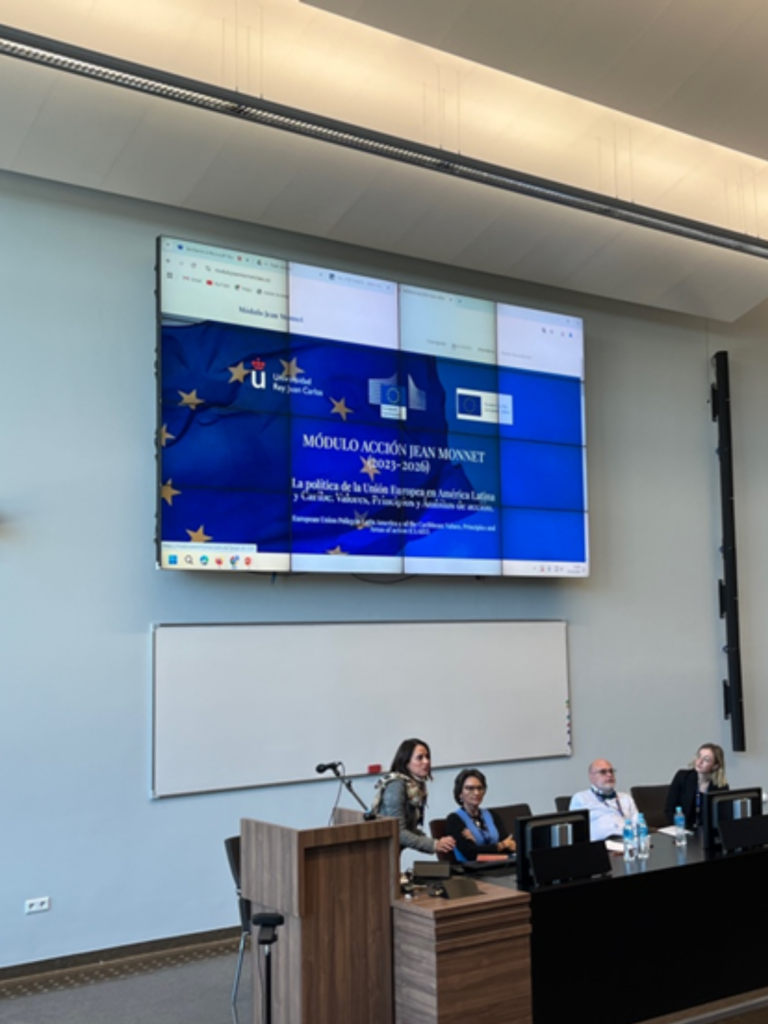
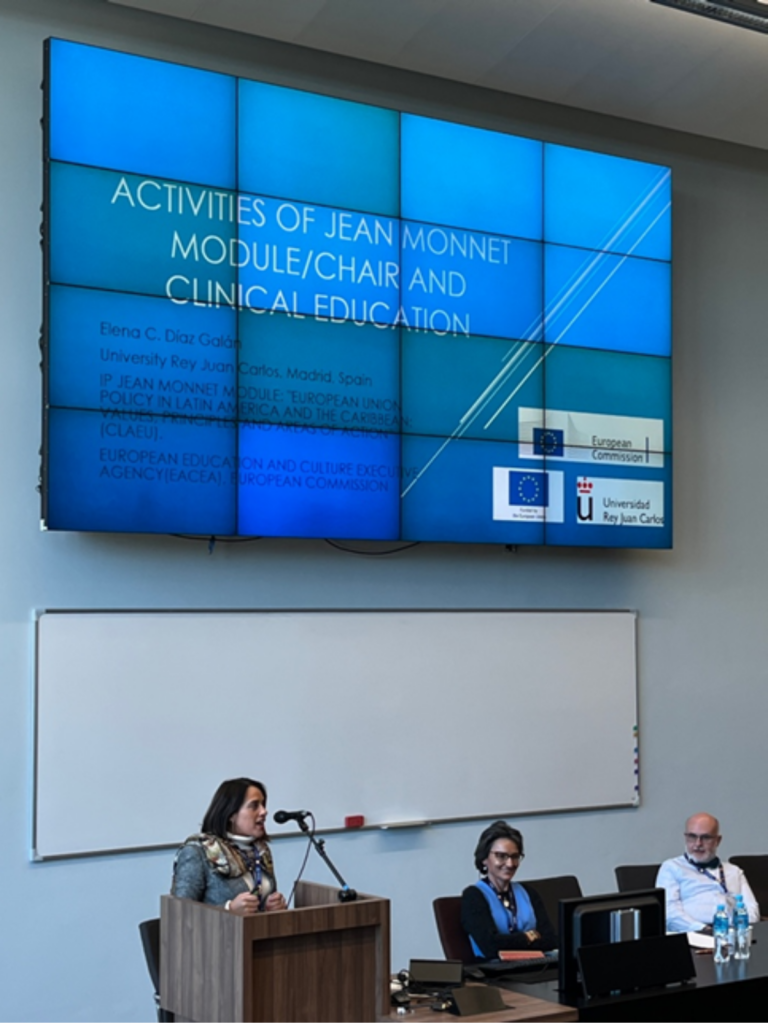
Photos taken during the participation at the la Legal Clinic Conference, Poznan University 2024
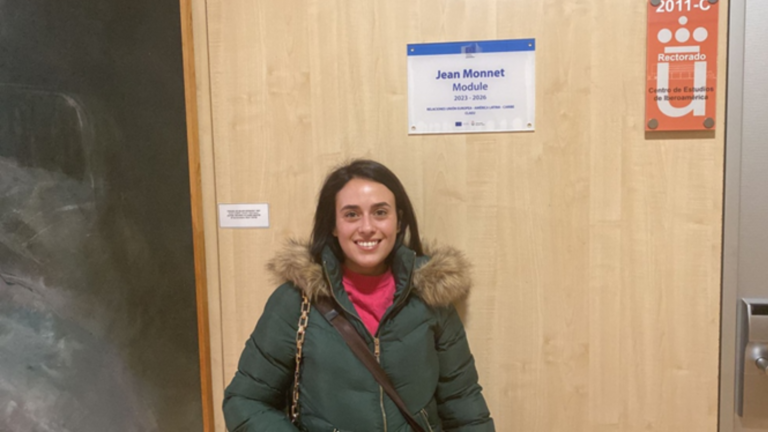
Location of Jean Monnet Module at Research Centre of Iberoamerican studies, University Rey Juan Carlos, Madrid, Spain.
Within the framework of this Project, various activities have been carried out to raise awareness of the political-social and legal links between the European Union and the Latin American and Caribbean countries; as well as with the region as a whole. Thus, each year a 1) Seminar on “EU political and economic agreements with Latin American and Caribbean countries” is held, as well as a 2) Training course on “The European Union’s external action: dialogue and cooperation with Latin America and the Caribbean”; and a 3) Documentary Fund that collects the essential instruments in the field of EU-Latin America and the Caribbean relations (https://modulojeanmonnetclaeu.es/?page_id=187). Experts from different universities in Spain, Latin America and the Caribbean are involved in these specific activities. The Training Course lasts more than 40 hours and is conducted from March online.
In addition, other activities such as seminars, conferences or scientific congresses related to the central theme of this Project have been organized. Attendance at the cited conference in Poznan has enabled some of the professors who participated to contribute to the collective publication on EU-LAC relations: Contributions to enhance cooperation between the two regions, which is expected to be published in the framework of Module Jean Monnet, in 2025 by a prestigious publisher. Furthermore, participation at the Legal Clinic Conference also made possible to give visibility to the European Project. The speech at the cited Conference focused on activities carried out within this Module and the impact of these activities on society in general, and in particular, as regards of university education, for students of University Rey Juan Carlos as well as for students from other Spanish and foreign universities, particularly from Europe and Latin America and the Caribbean, which could be extended to other European universities such as the University of Poznan.
As it is shown on the website (https://modulojeanmonnetclaeu.es/), this Module is fully linked to the objectives of the European Union, having a solid foundation and general objectives that contribute to the realization of the principles and values on which the Organization is based. The participation in this project is the result of the effort made by a group of researchers from Rey Juan Carlos University, specialized in European Union- Latin America, with collaboration of researchers of other Spanish and Latin American universities.
As it is cited at the website, this Module has as main objectives: – To develop and promote training activities on the values and principles of the European Union and its projection towards Latin America and the Caribbean, reaching not only specialized sectors but also relevant sectors of civil society; – To establish a conceptual, normative and pragmatic framework for understanding the external action of the European Union based on the founding treaties, in relation to the area of Latin America and the Caribbean; – To consolidate knowledge about the European policies of dialogue and cooperation with Latin America and the Caribbean, as well as the mechanisms for implementing these policies; – To strengthen an educational area that gives importance to the foreign policy of the European Union and the dissemination of the principles which inspire it. Team members are Professors, experts in these subjects from different Spanish and Latin American and Caribbean universities, in particular: – University Rey Juan Carlos of Madrid; – University Carlos III of Madrid; – University Internacional de la Empresa (UNIE); – University of Lérida; – University of Granada; – University of Barranquilla (Colombia); and – Universidad Complutense of Madrid, being coordinated the whole Project by Prof. Elena Díaz Galán of the University Rey Juan Carlos, Madrid.
The Module target group are all interested parties, in particular, students of the Degree in International Relations. As it is shown at the website, in the two main activities of the Project (Annual Seminar and Training course), experts from different universities in Spain, Latin America and the Caribbean are involved. See below some photos taken during the Jean Monnet Module activities.
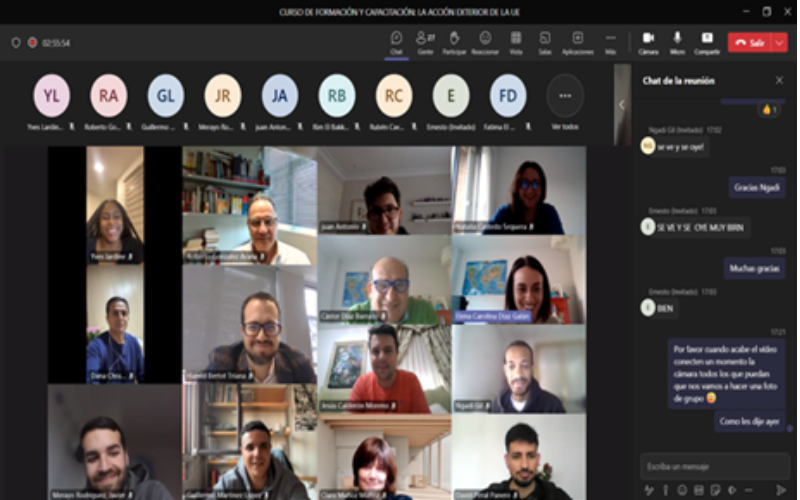
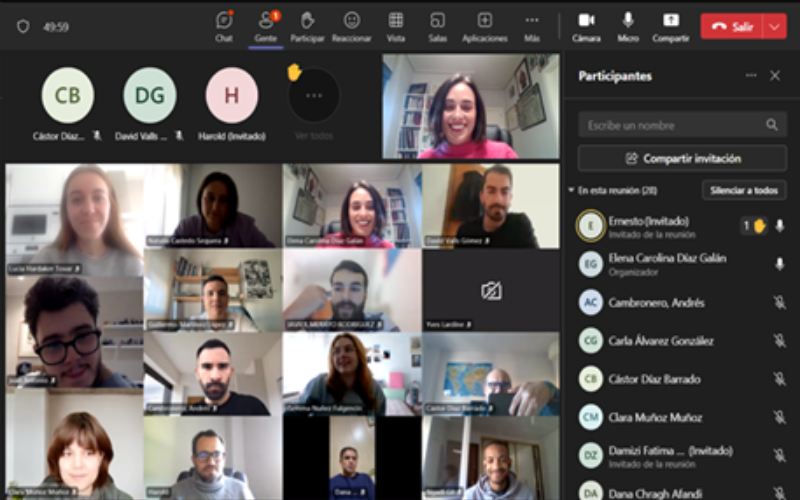
Photos taken at the I Training and Education Course, held in 2024
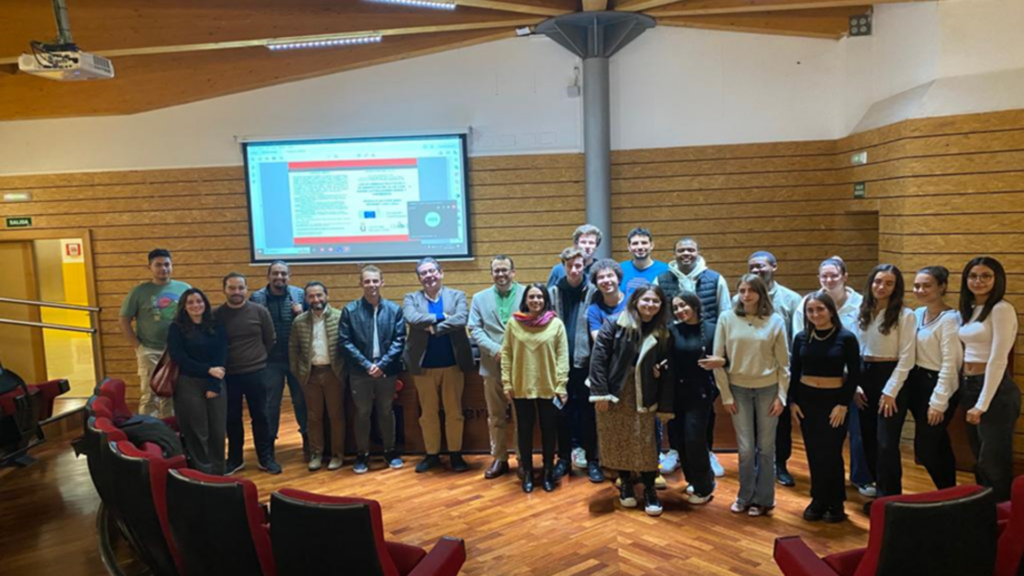
Photo taken at the first annual seminar, held in 2024.
These activities have complemented the training of undergraduate studies at the various universities, with emphasis on current issues in EU-Latin America and the Caribbean relations, as well as spreading the values of both: the European integration scheme and the relations between the EU and LAC. In addition, publications on the subject should be added to the activities. As mentioned, a collective work on these topics is currently being prepared. Other congresses and seminars are also organized over the three years, helping to understand the deeper meaning of the links between the EU and the LAC. In short, various activities are carried out, related to the theme of the Project.
Furthermore, the two core activities have been followed by surveys and forms both on knowledge acquisition and satisfaction with activities; and initial questions about what is expected from the Course. The results have been very satisfactory. Attendance at these seminars has also been very high. Also, the forms make possible to assess the challenges for the coming years and future activities and projects. Some of these results are highlighted below:
- Regarding the Annual Seminar, 2024:
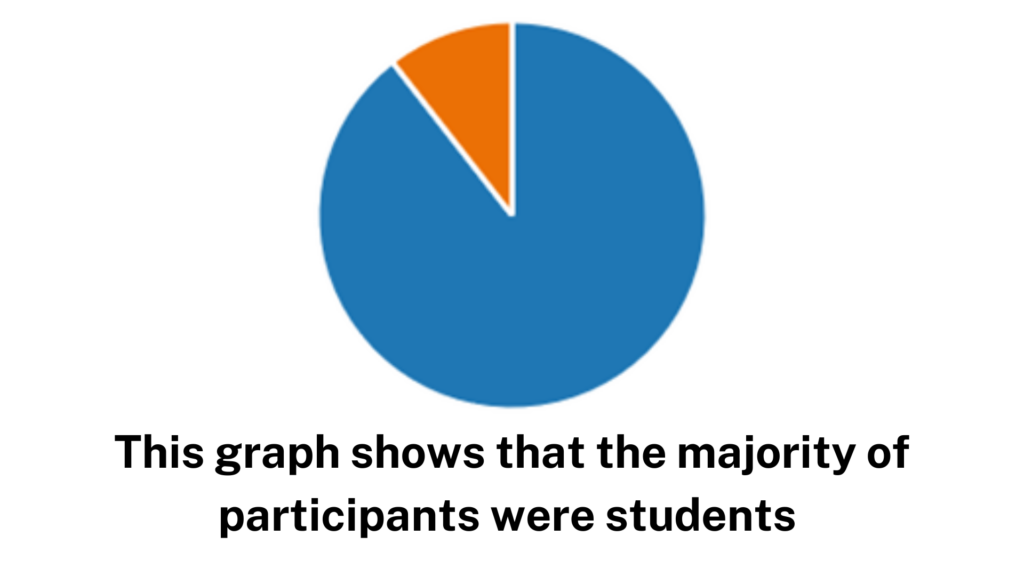
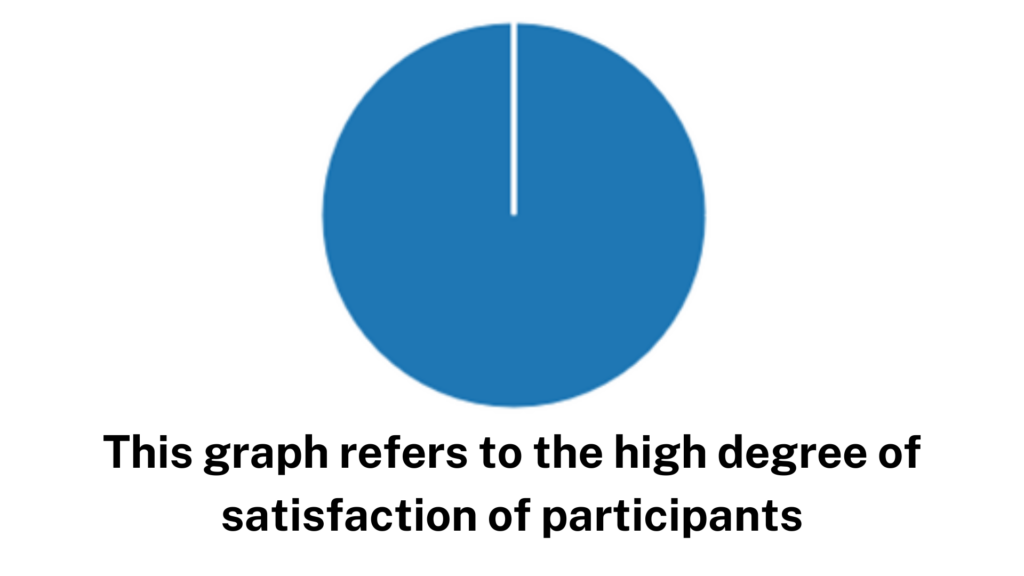
- Regarding the Training and Education Course, 2024:
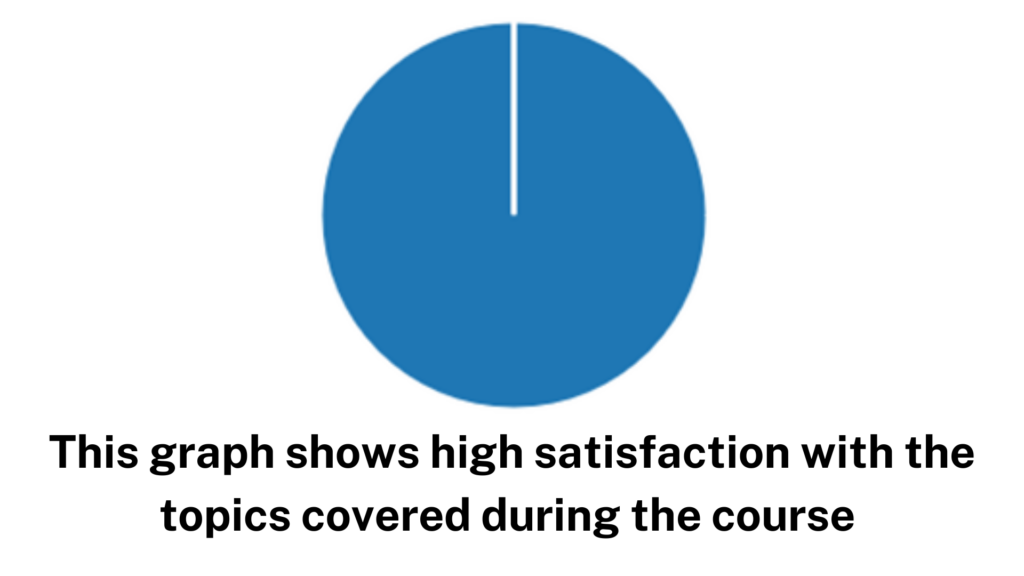
Regarding the duration of the course, as shown in the following graph (left), 20 participants (corresponding to the part marked in blue) considered that the time spent on the Course was adequate; 1 participant (corresponding to the part marked in orange) considered that the course should have lasted longer; and 5 participants (corresponding to the part marked in green) that the course should have been shorter. In addition, as shown in the graph on the right, 25 participants (part marked in blue) answered that they had more knowledge about the relationship between the European Union and Latin America and the Caribbean after attending the Course.
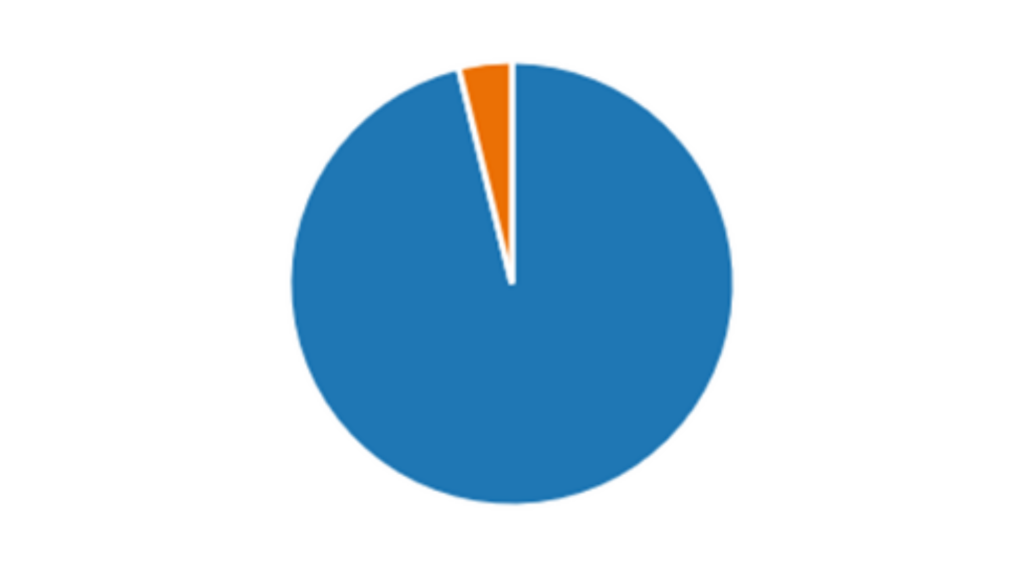
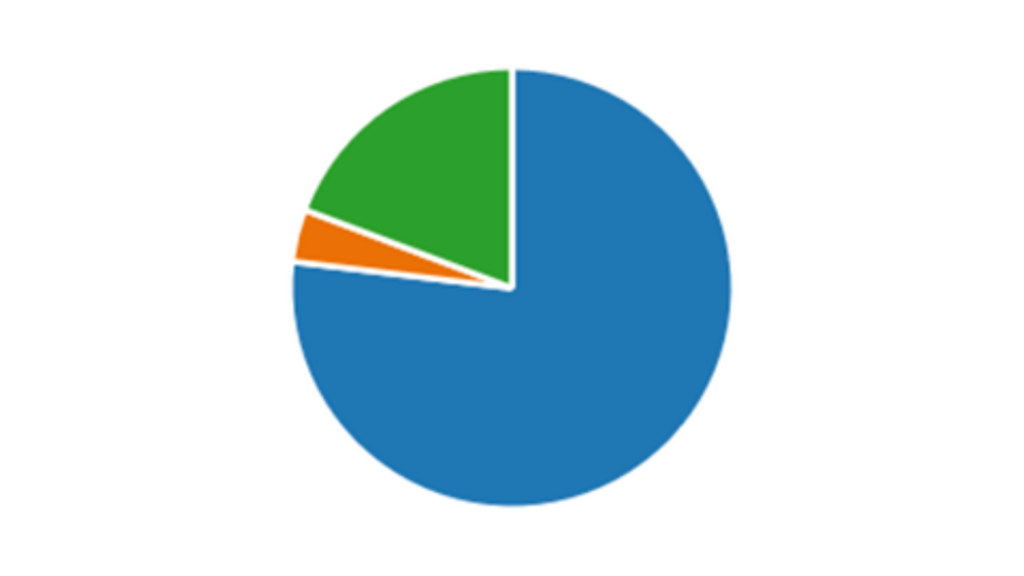
And regarding the overall satisfaction with the Course, as shown in the following graph, most of them rated it at 5, obtaining an average of 4.65:
In short, the results of the Jean MONNET Module Project on “EUROPEAN UNION POLICY IN LATIN AMERICA AND THE CARIBBEAN: VALUES, PRINCIPLES AND AREAS OF ACTION” so far can be described as with very good results. The participants and members of this project, in particular students as the main protagonists of these actions, gave very positive feedback. This has a very positive impact on academic relations with other institutions such as the University of Poznan, with which we hope to strengthen our relationship through this initiative. The international profile of the University Rey Juan Carlos of Madrid is certainly enhanced by these activities.
